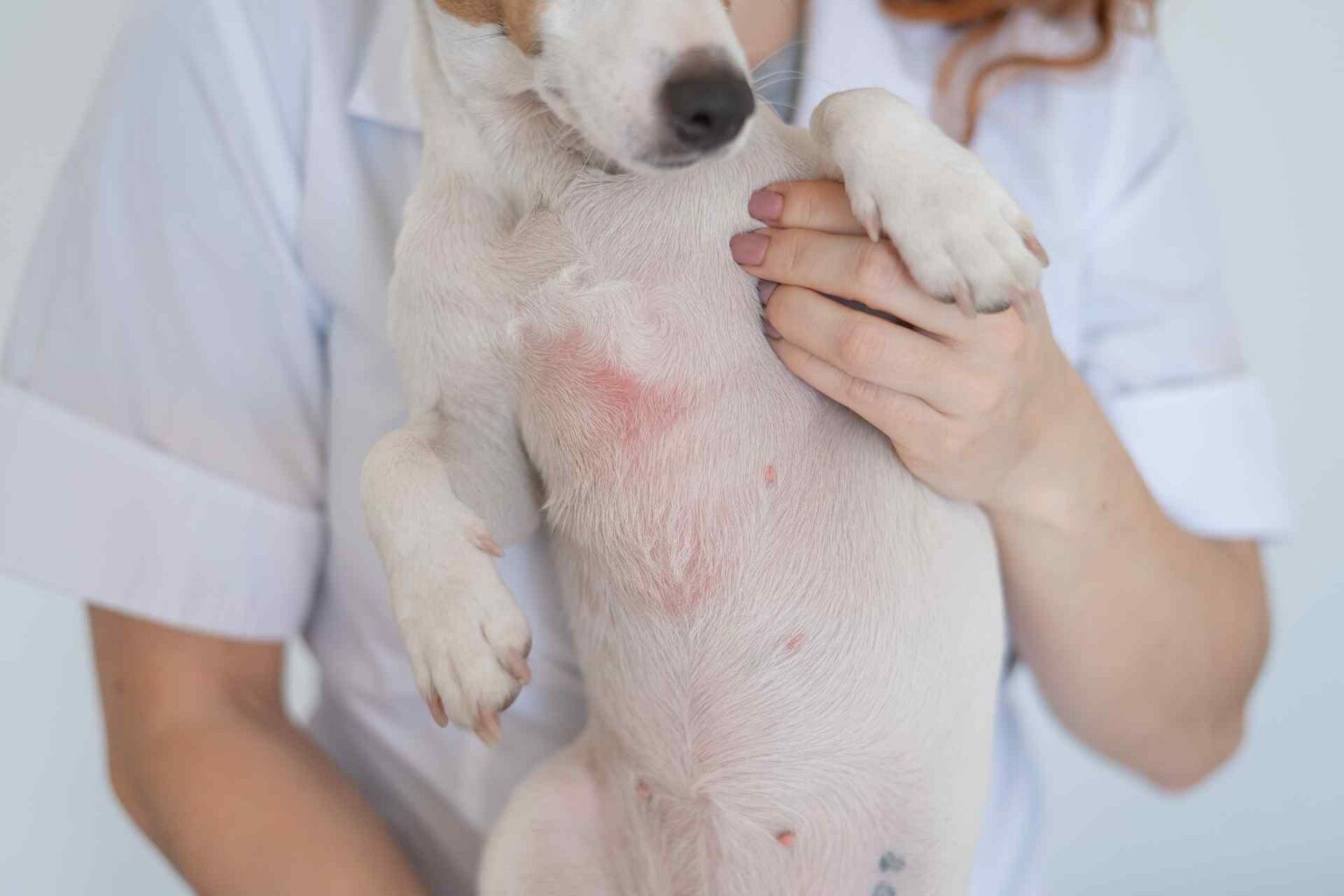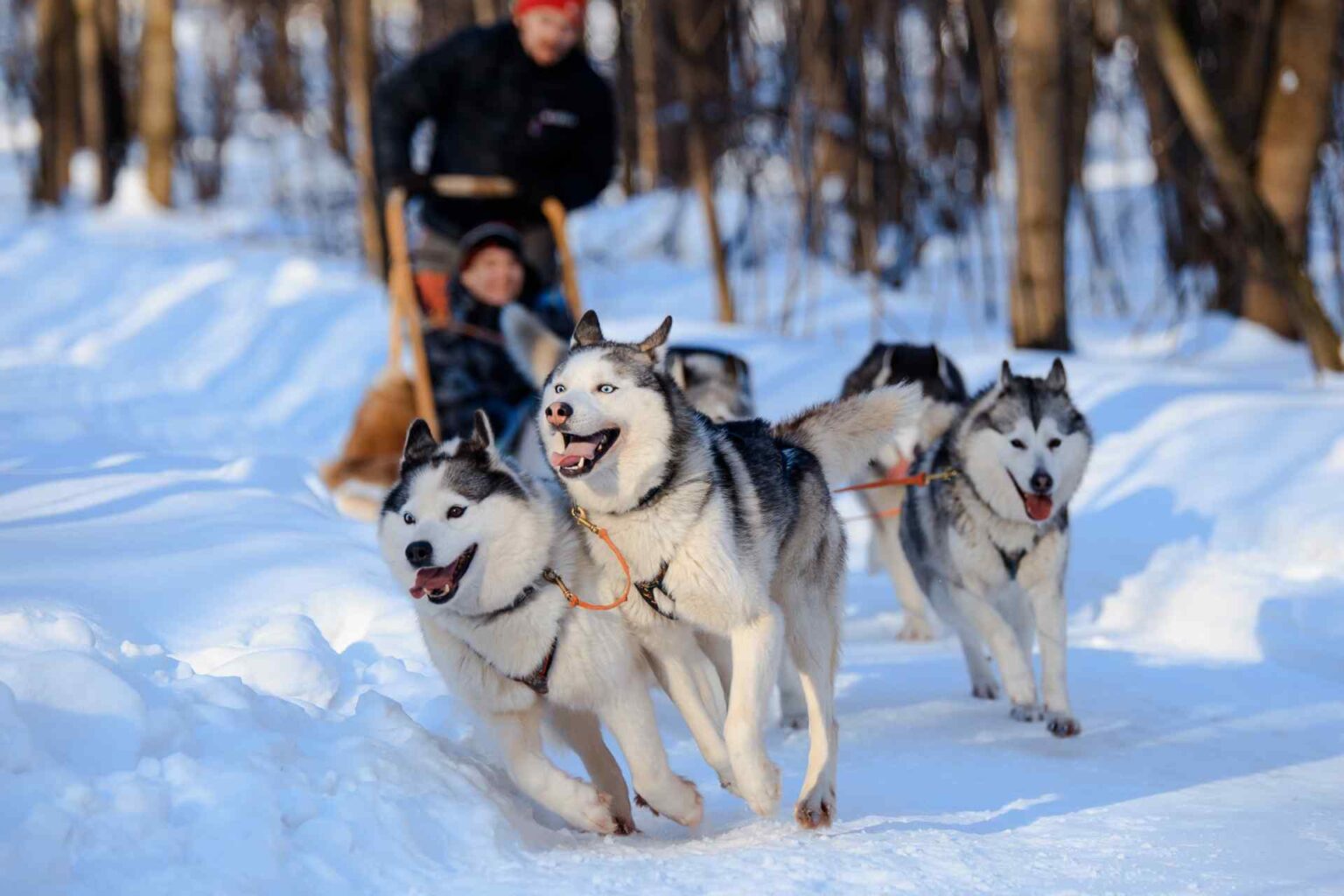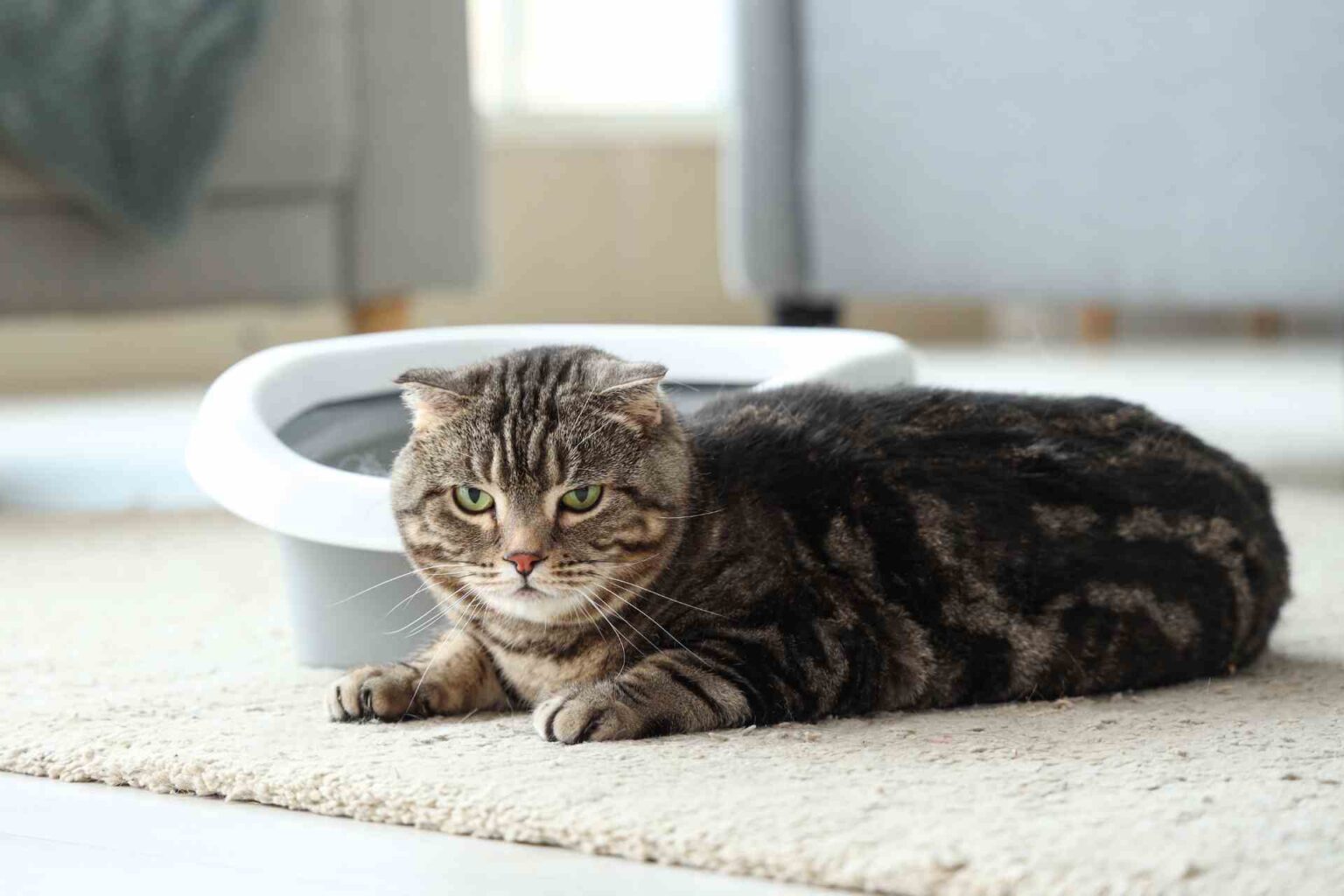Cats generally prefer high-protein/low-carbohydrate diets. Cat foods, however, can differ greatly in protein concentration and protein sources used.
Such variations can affect protein digestibility and, consequently, also the gut microbiota, as varying amounts of protein can enter the large intestine.
In several studies, different types of diets (wet, dry, raw) and different levels of dietary protein in cat foods were evaluated: it was noted that not only protein concentrations differed, but also other concentrations of nutrients that could potentially affect the gut microbiota, such as dietary fiber and fat.
A study conducted in 2022 by researchers from the Berlin Veterinary Faculty thus wanted to To investigate the effects of increased protein concentration in a wet diet (canned food) on the fecal microbiota of cats, also focusing on protein quality, to assess whether not only their concentration but also the sources from which they are derived would affect the intestinal microbiota of cats.
Quantity counts, not quality of protein
Six different canned foods, which differed in protein quality (high/low – obtained by varying amounts of meat and collagen-rich ingredients) and concentration (Both high and low protein quality diets were compounded to obtain three different protein concentrations: 36.2/36.7% in dry matter, SS, 43.3/45.0% in SS and 54.9/56.1% in SS respectively), Were administered to 10 healthy adult cats. For 6 weeks each. At the end of the trial, fecal samples were collected to analyze the microbiota (by 16S rDNA sequencing) and bacterial metabolites.
Dietary protein concentration appears to be more effective in influencing the fecal microbiota of cats than dietary protein quality. Increasing the concentration of protein in the diet increases the relative abundance of proteolytic bacteria and the concentrations of metabolites resulting from microbial degradation of protein in cat feces. Lower protein quality also promoted proteolytic bacteria(Fusobacteria and Bacteroidetes) in animal feces, although to a lesser extent.
Conclusions
Overall, the present results indicate the undesirable effects of high protein intake in cats, particularly with regard to changes in gut microbiota composition or increased intestinal ammonium concentrations. The relevance to feline health, however, deserves further investigation.
Reference
Paßlack, N.; Thies, L.V.; Vahjen, W.; Zentek, J. Effects of the Protein Concentration and Quality in a Canned Diet on the Fecal Microbiota of Healthy Adult Cats. Metabolites 2022, 12, 105. https://doi.org/10.3390/metabo12020105











